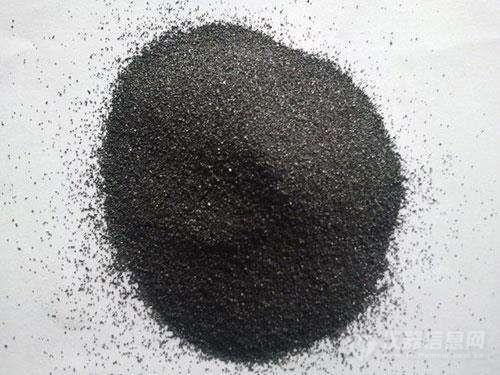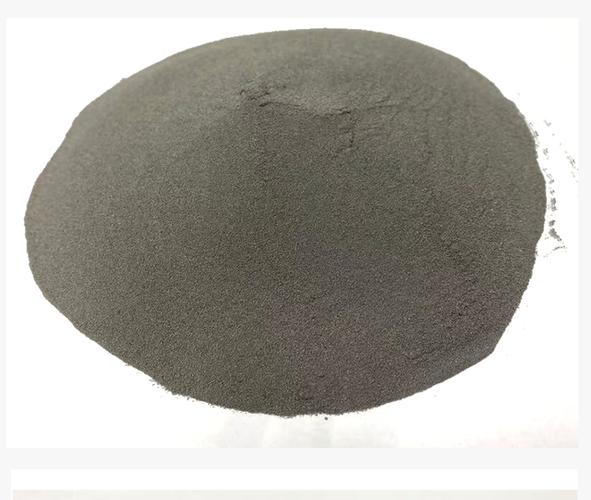You grab that tub of protein powder. “Pure Protein,” the label shouts. It promises muscle gains and clean fuel. But a tiny question nags: could heavy metals be hiding inside? It’s a fair worry. Let’s crack this open.
(Does Pure Protein Powder Have Heavy Metals)
First, understand this: “pure” doesn’t always mean “free of everything bad.” It usually means minimal extra ingredients – no fillers, sugars, or artificial junk. Heavy metals are different. They aren’t added. They sneak in. Think about where protein powder starts. Whey comes from milk. Plant proteins like soy, pea, or rice grow in soil. Brown rice protein is a common base. Plants naturally soak up minerals from the earth. Good minerals like iron. Sometimes, not-so-good ones like lead, arsenic, or cadmium tag along. Contaminated soil equals contaminated plants. Factories process these plants into powder. Equipment itself can shed tiny metal particles during grinding and mixing. Even the water used might contribute traces. So yes, heavy metals can end up in the final product. It’s about the source and the process.
This isn’t about panic. Tiny amounts of metals are everywhere – in water, air, even food like spinach or sweet potatoes. Our bodies handle small doses. The real concern is regular, high-level exposure over time. Some protein powders test higher than others. Independent labs sometimes find concerning levels in certain brands, especially those using lots of brown rice or cocoa. Chocolate protein powder often tests higher for cadmium because cocoa plants readily absorb it. Seeing “pure” on the label gives zero guarantee about heavy metals. It’s about the raw materials and manufacturing quality control.
So, what can you do? Don’t feel helpless. Look for brands that prioritize testing. Reputable companies test their final products rigorously. They screen for heavy metals and other contaminants. They often publish these results publicly. Check their website. Search for “third-party testing” or “certificates of analysis.” Seeing actual lab reports builds trust. Transparency matters. Consider the protein source. Whey and egg white proteins often test lower for heavy metals than plant-based options, especially rice protein. If you prefer plants, look for blends. Pea protein generally tests better than rice. Hemp or pumpkin seed are other options. Blending sources can help dilute potential contaminants.
Price isn’t everything, but suspiciously cheap powders might cut corners on sourcing and testing. Reputable testing costs money. Buying organic doesn’t automatically solve the metal problem. Organic farming avoids synthetic pesticides, but metals come from the soil itself. Organic soil can still contain lead or arsenic. Focus on testing reports over organic labels for this specific issue. Rotate your protein sources. Don’t rely solely on one powder brand or type. Variety helps minimize exposure risk from any single source. Eating whole foods for protein is always a great foundation. Powder supplements are convenient, not essential.
(Does Pure Protein Powder Have Heavy Metals)
The bottom line is awareness. Heavy metals in “pure” protein powder are possible. They come from the earth and the process, not the word “pure.” Be a smart shopper. Prioritize brands that test openly and share results. Choose your protein source thoughtfully. Understand that “pure” means minimal additives, not necessarily zero environmental contaminants. Your health matters. Making informed choices puts you in control.
Inquiry us
if you want to want to know more, please feel free to contact us. (nanotrun@yahoo.com)


